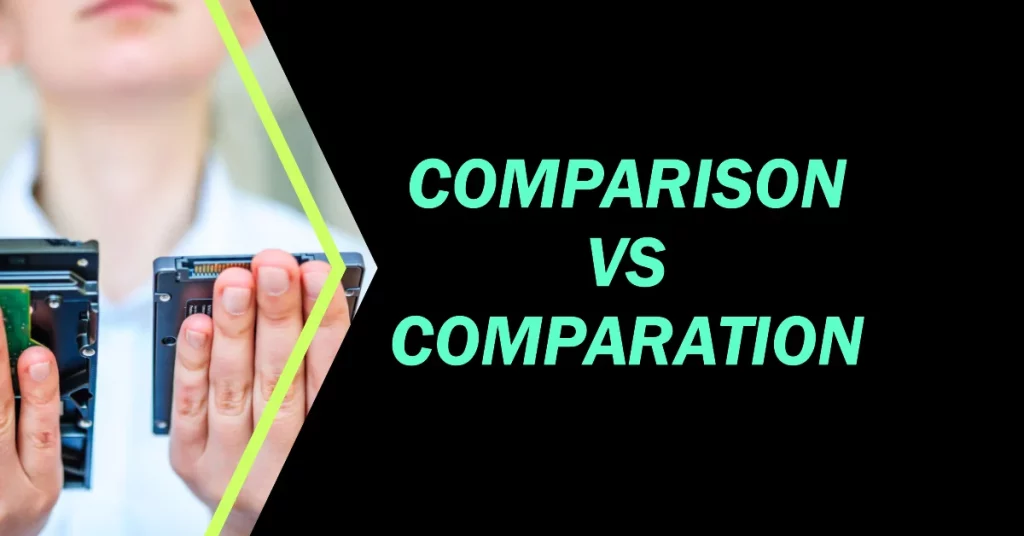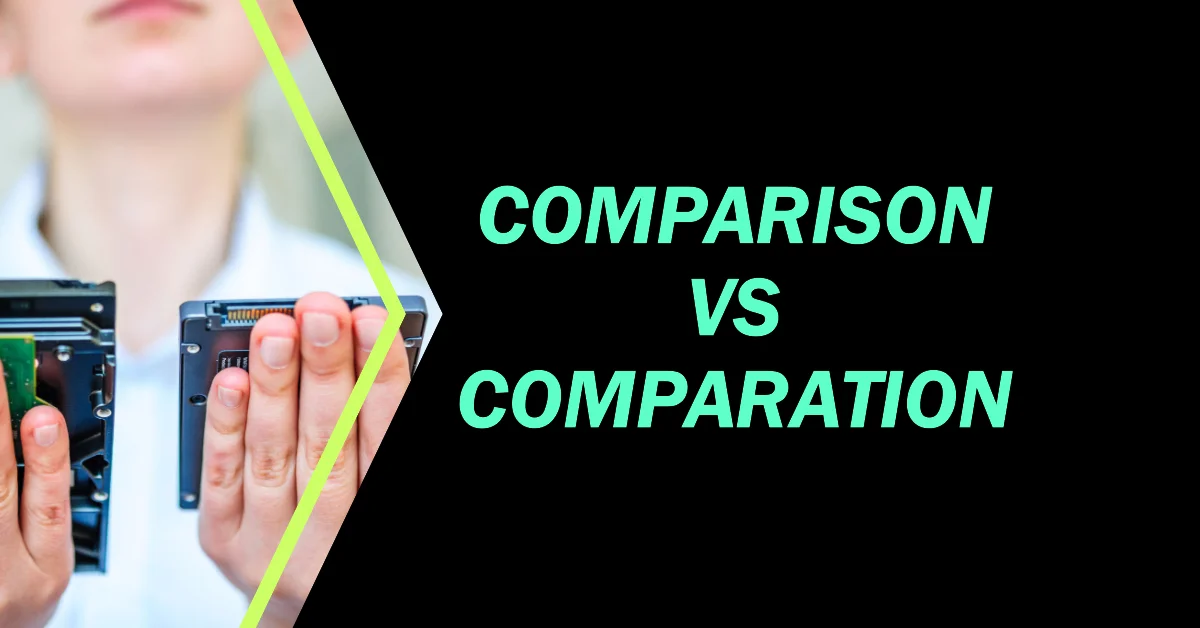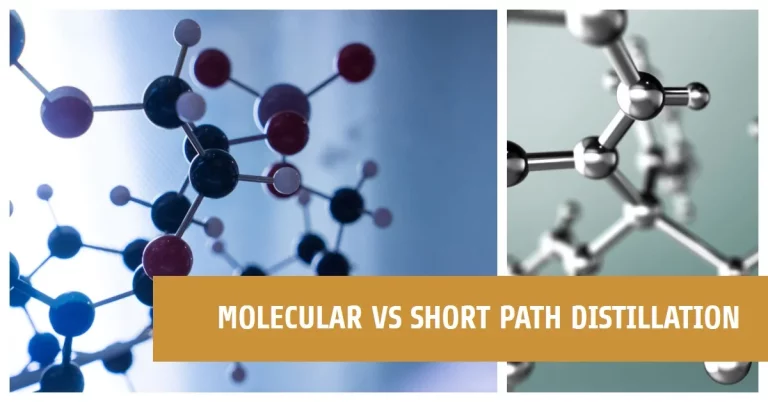What is Difference Between Comparison and Comparation?
When it comes to the English language, the words “comparison” and “comparation” may appear similar, but there is a significant difference between them. This article aims to reveal the similarities and differences between comparison and comparation, providing clear definitions, examples, and useful information to make proper distinctions.
Here is a table of the differences between comparison and comparation:
| Feature | Comparison | Comparation |
|---|---|---|
| Meaning | The act of comparing two or more things | The state of being compared |
| Usage | Used when you want to find similarities and differences between two or more things | Used when you want to express that two or more things are similar |
| Examples | “The two cars were similar in design, but the BMW was faster.” | “The two countries are comparable in terms of their economic development.” |
| Origin | From the Latin word “comparāre”, meaning “to compare” | From the Latin word “comparātiō”, meaning “comparison” |
Comparison: English Definition and Use
Comparison, as a noun, refers to the act of comparing two or more things in order to identify similarities and dissimilarities among them. Comparisons can be made by examining different properties or qualities, such as size, weight, color, or functionality.
For example, you might compare two cell phones by evaluating their screen size, battery life, and performance in order to determine which one better suits your needs. Comparing involves analyzing each feature, rate, or quantity and making a relative estimate or opinion on which option is best.
Here’s an illustration of a comparison between two smartphone brands:
- Brand A has a larger screen but a shorter battery life.
- Brand B has a smaller screen but a longer battery life.
The result of the comparison depends on personal preference or specific requirements, such as if a larger screen or longer battery life is more important to the user.
Comparation: English Definition and Use
The term “comparation” is not commonly used in the English language and is considered incorrect or less useful. In fact, “comparation” is not found in most English dictionaries, as it is often replaced by the correct term, “comparison.”
In some instances, “comparation” may have been used as an inflection or modification of the verb “compare” but has since fallen out of favor. Instead, you should consider using “comparison” when referring to the evaluation or examination of similarities and differences among two or more objects, things, or concepts.
For example:
- Comparing the structural modifications time has brought in human brain to that of a decade ago. This can be achieved by analyzing similarities and differences in brain size, shape, and function.
It should be noted that “comparation” might still be used in other languages, but for English speakers, “comparison” remains the appropriate choice when discussing the evaluation and analysis of similarities, dissimilarities, or any relation between two or more things.
What Does Compare Mean?
The word “compare” has several meanings, but in general, it means to examine two or more things side by side in order to see how they are similar or different. For example, you might compare two cars to see which one has better fuel efficiency, or you might compare two countries to see which one has a higher standard of living.
Here are some other synonyms for the word “compare”:
- contrast
- collate
- match
- equate
- juxtapose
- relate
- analogize
- liken
The word “compare” can also be used in a more figurative sense to mean to compare someone or something to something else. For example, you might say that a politician is “comparable to a snake” in order to suggest that they are both untrustworthy and manipulative.
Compare Key Differences between Comparison and Comparation

Meaning
Comparison looks at similarities and differences between two or more items, while comparation focuses solely on differences between two things.
Grammatical Structure
Comparison usually involves the use of adjectives and adverbs to compare two things, while comparation involves the use of nouns.
Usage
Comparison is used in daily speech and writing, whereas comparation is more technical and academic in nature.
Examples
Comparison examples include comparing two people’s hair color or two cars’ speed, while comparation examples may involve comparing two scientific theories or two mathematical equations.
Examples of Comparison and Comparation in Context
Comparison Examples
- My house is bigger than yours.
- Dogs are more loyal than cats.
- The movie was good, but the book was better.
Comparation Examples
- The two paintings differ in color, shape, and proportion.
- The scientist compared the results of their experiment with those of previous studies.
- Comparing the new product with the old one, the new one seems to be more innovative.
Comparison vs Comparation: Which One to Use?
In Writing
Comparison is more common in daily writing tasks, such as emails and texts. Comparation is mostly used in academic and technical writing.
In Speech
Comparison is used more commonly in everyday conversation, while comparation is more likely to be used in academic or scientific discussions.
How to Form Comparison and Comparation
Comparison Formulation
To make a comparison, use adjectives and adverbs to show how two or more things are different.
Formulation
To make a comparation, use nouns to demonstrate how two things differ.
Common Mistakes with Comparison and Comparation
Incorrect Usage
Using comparison instead of comparation or vice versa.
Misinterpretation
Consistently using comparison when comparation is required or failing to notice the difference between using adjectives and adverbs vs. using nouns.
Grammatical Errors
Incorrectly using grammar when writing or speaking, which can contribute to significant misunderstandings.



